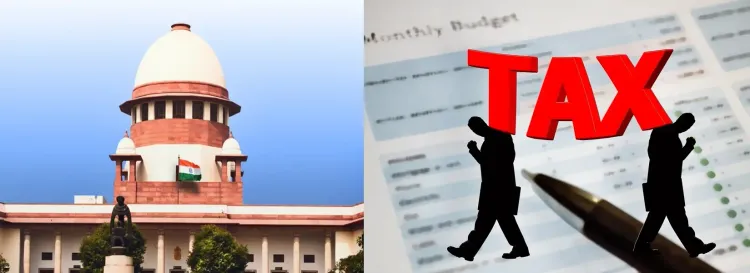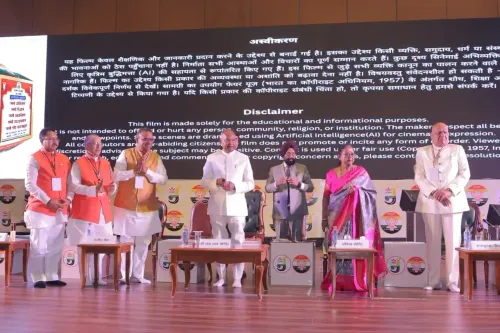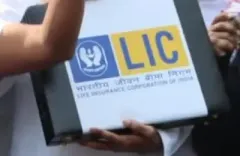Supreme Court Dismisses TDS System Challenge

Synopsis
Key Takeaways
- The Supreme Court rejected a PIL against the TDS system.
- The TDS system was deemed arbitrary and burdensome.
- Petitioners were encouraged to approach a high court.
- Non-compliance can lead to severe penalties under tax laws.
- The complexity of TDS disproportionately affects economically weaker individuals.
New Delhi, Jan 24 (NationPress) The Supreme Court on Friday refused to consider a public interest litigation (PIL) aimed at abolishing the TDS (Tax Deducted at Source) framework established under the Income Tax Act.
"We will not entertain this (petition). Dismissed," remarked a bench led by CJI Sanjiv Khanna and Justice Sanjay Kumar to the PIL applicant.
While refraining from commenting on the case's merits, the CJI Khanna-led bench advised the petitioner to seek relief from the relevant high court.
The petition claimed that the TDS system is fundamentally "arbitrary, irrational, and contrary to Articles 14, 19, and 21 of the Constitution." It argued that the complex regulatory and procedural framework surrounding TDS often necessitates specialized legal and financial knowledge, which many assessees lack, leading to significant administrative and financial burdens on them.
Furthermore, the plea contended that although the government possesses the necessary resources to directly collect taxes, it shifts this responsibility onto TDS assessees without providing compensation.
"This results in an unjust transfer of sovereign duties from the government to private individuals without adequate compensation, resources, or legal protections. Small mistakes in details such as names, account numbers, or PAN numbers can lead to TDS being deposited but not credited to the assessee’s account, leaving the legally owed amount in limbo until corrections are made," the petition, filed by advocate Ashwini Kumar Upadhyay, stated.
The petition further noted that the TDS system imposes significant compliance costs on assessees, including salaries for employees managing TDS obligations and fees for tax professionals. Non-compliance, even if unintended, can lead to severe penalties, interest, and prosecution as outlined in Sections 201 and 276B of the Income Tax Act.
"Individuals who are illiterate or economically disadvantaged, lacking the ability to navigate this technical framework, face undue hardship and harassment, violating the constitutional guarantee of equality before the law as per Article 14. The imposition of tax collection duties on TDS assessees amounts to forced labor under Article 23(1) of the Constitution, which forbids any form of coerced labor," the petition further elaborated.
According to the petition, the TDS system, regulated by 39 Sections, 28 Rules, and 41 Forms under the Income Tax Act, requires assessees (the deductors) to collect tax at the time of making payments to payees, which includes salaries, contractual fees, rents, commissions, and other taxable amounts.









